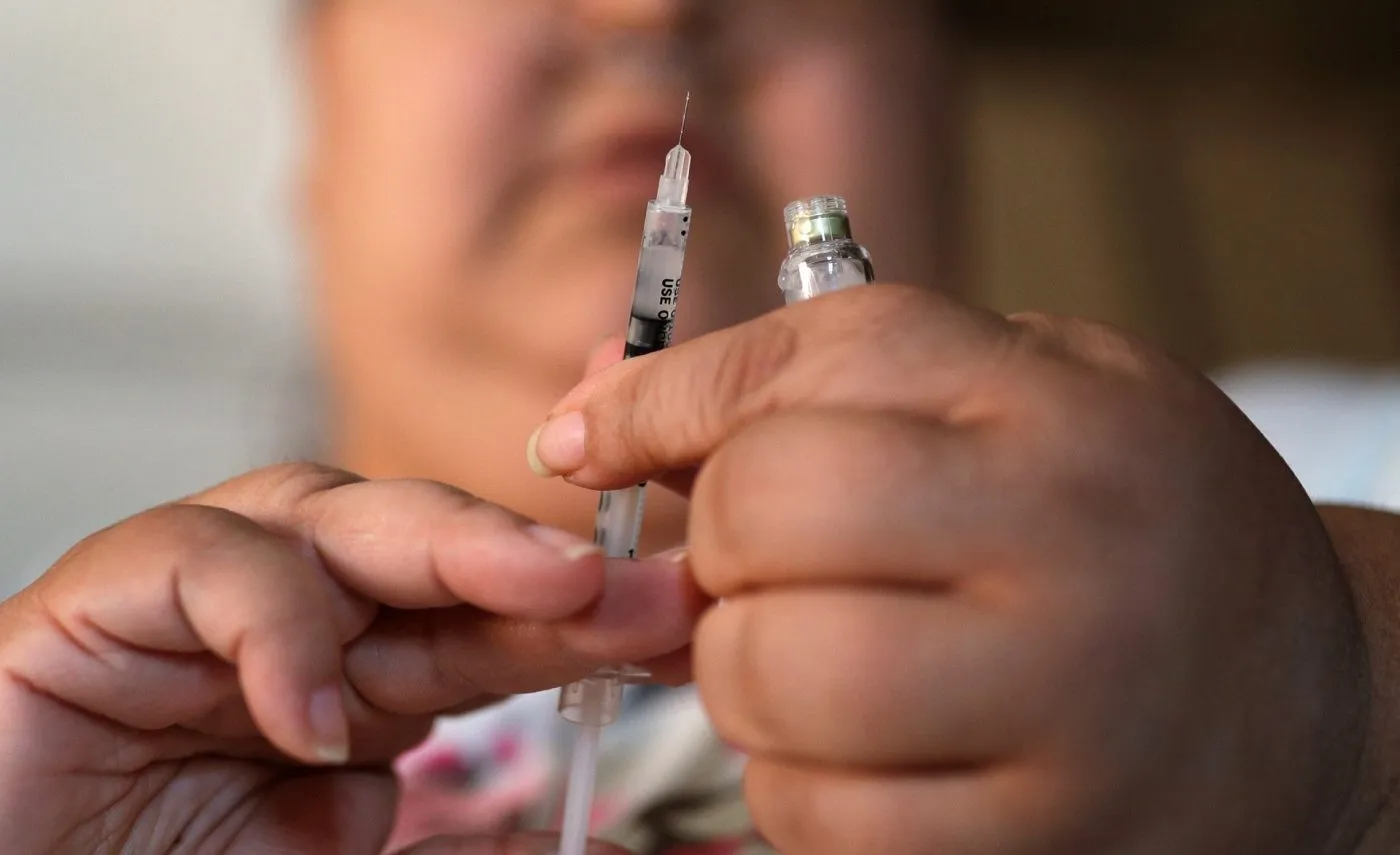FTC Sues Three Major PBMs for Allegedly Inflating Insulin Prices

The Federal Trade Commission (FTC) has taken a significant step by suing three of the largest pharmacy benefit managers (PBMs) in the United States for allegedly inflating insulin prices through anticompetitive practices. This action particularly targets CVS Caremark Rx, Cigna’s Express Scripts, and UnitedHealth’s OptumRx, who together administer approximately 80 percent of prescriptions nationwide. The FTC claims these companies have maintained a drug rebate system that benefits them financially while keeping prices high for vulnerable patients.
The lawsuit highlights the critical issue that millions of Americans with diabetes face as their insulin costs have skyrocketed over the past decade. According to Rahul Rao, Deputy Director of the FTC’s Bureau of Competition, powerful PBMs have prioritized their profits over patient needs, leading to increased out-of-pocket expenses for life-saving medications. The response from the accused companies has been defensive, arguing that the FTC's allegations are unfounded and misinterpret the complexities of drug pricing.
The FTC's action marks an escalation in the Biden administration's efforts to scrutinize the practices of PBMs and ensure fairer pricing for essential medications. As the situation develops, the FTC may also pursue legal action against drug manufacturers contributing to inflated insulin prices.
This article was prepared using information from open sources in accordance with the principles of Ethical Policy. The editorial team is not responsible for absolute accuracy, as it relies on data from the sources referenced.